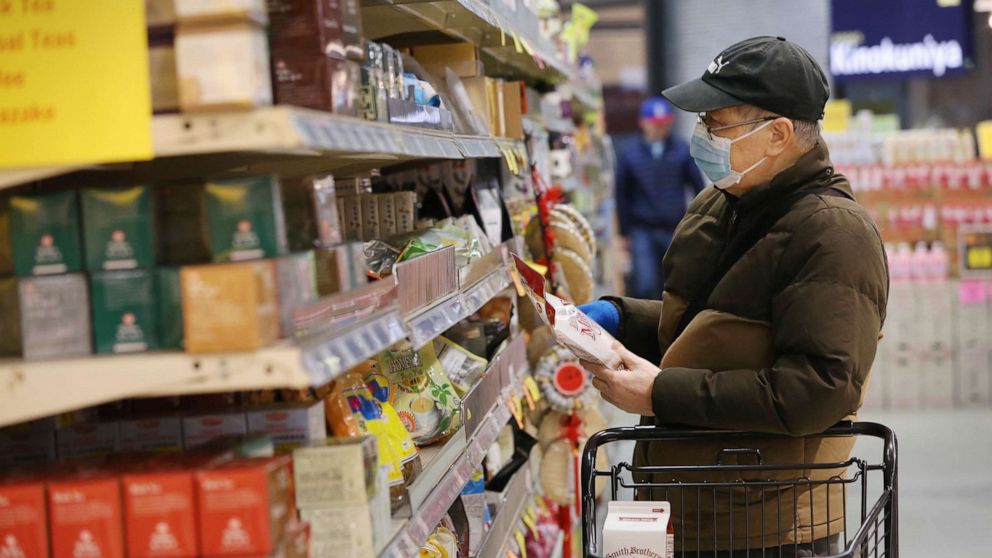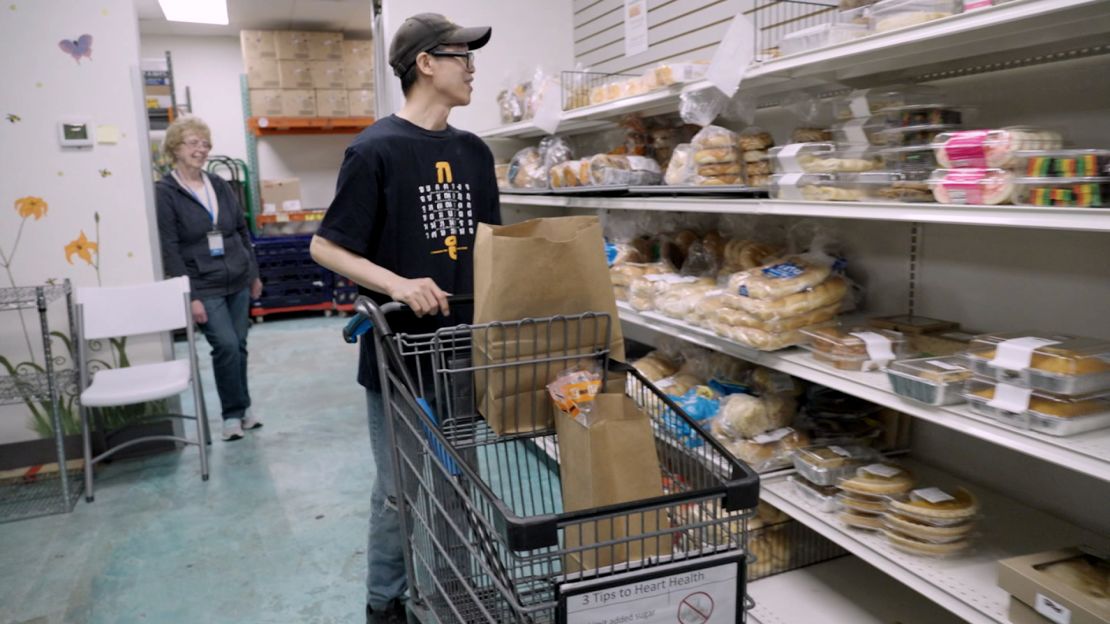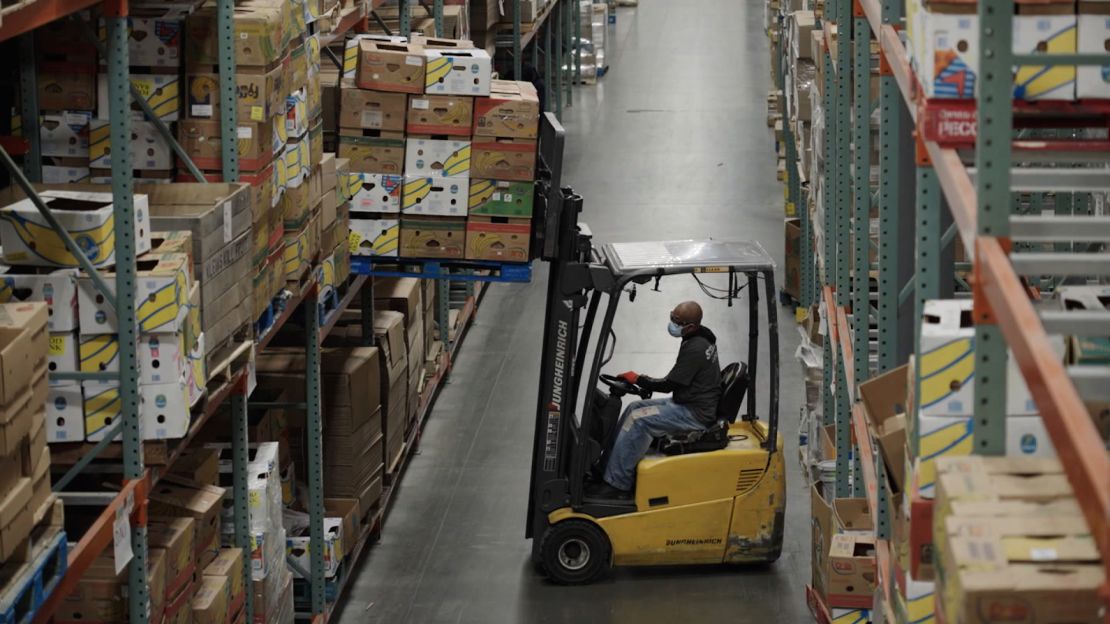
How you may utilize a rule from the Depression era to lower the cost of your alcohol
However, working families who are finding it difficult to make ends meet as their cost of living rises are now the majority of those requesting assistance.Sevigny frequently hears that there isn’t enough money left over after covering the cost of rent, cars, food, child care, and other necessities. Food prices have also increased significantly in recent years.
She said, “Working families make up the majority of the newcomers.” “A lot of the jobs don’t pay enough to cover bills and save a small amount of money. Apparently, one unforeseen expense can throw off a person’s financial stability.
Although the uncontrollably high inflation that started in 2021 has subsided, prices are still much higher and continue to place a strain on people’s finances. According to Datasembly’s Grocery Price Index, which monitors costs across more than 150,000 stores in the country, approximately 33.5% more was spent on groceries than at the beginning of the epidemic.
How will the economy impact your November vote? Tell your tale.
Even though there are plenty of jobs available and salary growth last year finally outpaced inflation, many people aren’t finding their paychecks large enough. Furthermore, a number of the pandemic’s aid programs, such as the expanded child tax credit, the suspension of student loan payments, and the expansion of food stamp benefits, have run out.
According to Jason Jakubowski, CEO of Connecticut Food Share, the food bank for the state, which collaborates with over 600 food pantries, meal programs, and mobile distribution locations and provided over 40 million meals in the previous fiscal year, “it’s a tough environment for people.” “The needs today are essentially the same as they were during the pandemic’s peak.”

Greater necessity
Khamphay Khen struggles to provide for his family of six despite working two jobs: a part-time job as an assistant technician at a fast-food restaurant and a full-time job as a supervisor at a distribution company.
He has therefore been getting meat, pasta, spaghetti sauce, bread, cereal, fruits, and vegetables from the neighborhood Enfield pantry since 2021. He used to go every two weeks, but due to rising costs, the 48-year-old now only goes once a week, despite recent large pay increases from his primary company.
“There is a greater need. Prices remain high. The cost of gas is expensive. Being a homeowner is difficult, according to Khen, who recently had to pay $1,400 for repairs to his 2005 Honda Odessey, including new tires and a starter replacement. “My bank account is continuously declining when I check it.
He saves between $30 and $50 a week on groceries thanks to the pantry, which frees up money for him and his family to use for other essentials. Because he knows he won’t be able to work as much in the future due to muscular dystrophy, Khen is also attempting to save money.
Being a member of the lower middle class, Khen never imagined he would need to go to a food pantry because he has been employed since he was a youngster.
He remarked, “I’m in a good spot, but not a great spot.”
Every week, the Enfield Food Shelf provides food to 300–400 households. The charity offers food as well as other supplies, including clothes, laundry detergent, diapers, and pet food.
In early 2020, Enfield, like most other pantries, experienced a spike in the number of people requesting assistance due to the COVID-19 outbreak. However, the need has not decreased, in part due to the expiration of numerous pandemic relief initiatives.
The monthly benefits of food stamp beneficiaries decreased by around $90 on average after a special enhancement program expired countrywide in March 2023. Since then, the number of homes using the pantry in Enfield has increased by 20%, to a total of 1,126.
Noting that most customers visit the grocery store three times a month, Sevigny stated, “People are trying to stay within their budget at the grocery store, but it’s just not enough food to feed their family.”
Demand for food banks across the nation is also rising. Based on a recent poll conducted by Feeding America, a nationwide network of over 200 food banks and over 60,000 partner agencies, food pantries, and meal programs, almost 75% of food banks reported serving more people in February than they did a year earlier.
The CEO of Connecticut Food Share, Jason Jakubowski, says that the need for food assistance is around the same as it was during the height of the COVID-19 outbreak.
According to an Urban Institute survey, over one in six adults stated their homes had received food from charities last year, up from almost one in eight in 2019.
According to Chloe East, a visiting fellow at The Hamilton Project at the Brookings Institution, families in the middle class are facing pressure from rising prices as well as the fact that their wages have not kept up with inflation and the pay of those at the top and bottom of the income ladder. That’s one of the reasons Americans in the workforce are using food pantries.
“Food insecurity is on the rise, despite the fact that there are plenty of jobs available and the unemployment rate is low,” stated East. “And the level of food insecurity is exactly the same now as it was during the early stages of the pandemic.”

Other stories
-
Insurance Fraud: How to Spot It and Prevent It
-
Insurance Essentials for Millennials: A Guide to Financial Protection
-
What a buyer’s agent can do for you in the process of finding a new residence
-
On American Airlines flights, a pilot union claims there has been a “significant spike” in safety issues.
-
600,000 independent contractors signed up for the SSNIT pension plan






